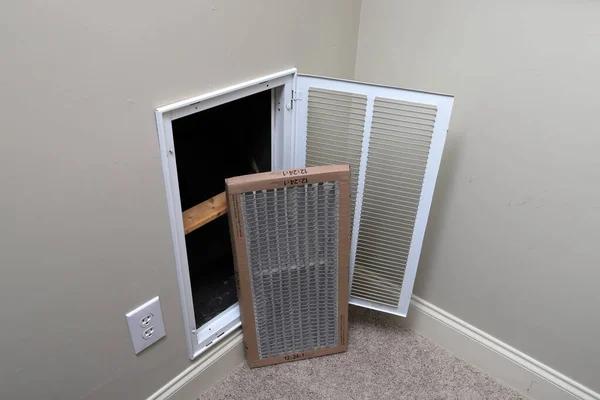Heating, ventilation, and air conditioning (HVAC) systems play a crucial role in maintaining indoor comfort by regulating temperature and air quality. Over time, these systems can lose efficiency due to wear and tear, outdated technology, or improper maintenance. Both HVAC replacement and repair have significant impacts on energy efficiency, influencing utility costs as well as environmental footprints.
When an HVAC system is repaired effectively, it can restore some of the lost energy efficiency without the need for immediate replacement. Repairs such as fixing leaks in ductwork, cleaning or replacing filters, sealing refrigerant leaks, or repairing malfunctioning components help the system operate closer to its original design specifications. This reduces wasted energy caused by inefficiencies like airflow restrictions or inadequate cooling capacity. However, repairs may only provide a temporary fix if the system is old or extensively damaged because underlying issues often persist beyond surface-level problems.
read on the other hand, replacing an outdated HVAC unit with a new model typically results in greater improvements in energy efficiency. Modern HVAC systems incorporate advanced technologies designed to optimize performance while minimizing power consumption. Features such as variable-speed motors allow units to adjust output based on real-time demand rather than running at full capacity continuously. New refrigerants with lower global warming potential also contribute to more environmentally friendly operation. Additionally, newer models often comply with stricter government standards for seasonal energy efficiency ratios (SEER) and heating seasonal performance factors (HSPF), meaning they consume less electricity or fuel for equivalent heating and cooling output compared to older units.
Choosing between repair and replacement depends largely on factors including the age of the current system, frequency of breakdowns, cost-effectiveness of repairs versus new equipment investment, and desired long-term savings on energy bills. While repairs may be economical short term when addressing minor faults in relatively young systems under warranty coverage or routine maintenance plans are followed regularly; replacement becomes preferable when recurring failures occur frequently enough that cumulative repair expenses approach or exceed half the price of a new installation.
Energy-efficient HVAC replacements not only reduce monthly operating expenses but also enhance overall home comfort through improved temperature regulation consistency and better humidity control capabilities. In contrast inefficient existing equipment wastes resources by cycling excessively during peak hours leading to higher electricity demand charges from utilities alongside increased greenhouse gas emissions contributing negatively toward climate change mitigation efforts.
In summary, timely repairs can improve an HVAC system’s functionality enough to regain some lost efficiency temporarily; however investing in modern replacements generally delivers superior long-term benefits related directly to reduced energy consumption along with improved reliability and environmental impact reduction measures inherent within contemporary designs. Homeowners should evaluate their specific circumstances carefully alongside professional advice before deciding whether repairing existing components suffices or upgrading entirely will yield optimal outcomes for both budgetary concerns and sustainability goals moving forward into future seasons of use.
